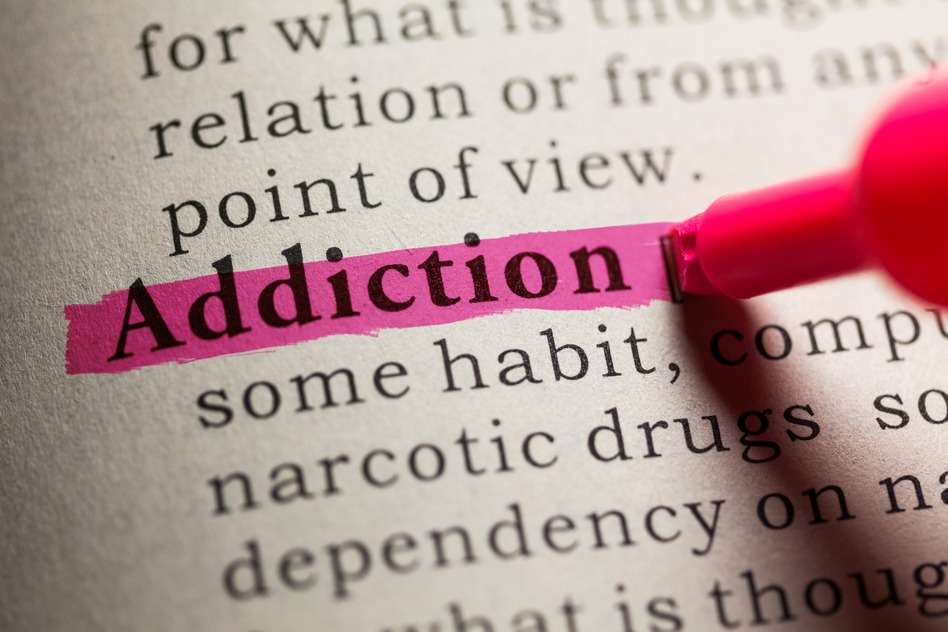Alcoholism and the effects on children
The Impact of Parental Alcoholism on Children: How to Recognize the Signs and Seek Help
Alcoholism is a serious problem that can have a devastating impact on the lives of those affected, including children. Children of alcoholic parents are at risk of developing a range of physical, psychological, and behavioral problems. It is important to recognize the signs of parental alcoholism and to seek help for the affected family.
The physical effects of parental alcoholism on children can include poor physical health, malnutrition, and an increased risk of developing certain medical conditions. Children of alcoholics may also experience emotional and behavioral problems, such as depression, anxiety, low self-esteem, and difficulty forming relationships. They may also display signs of aggression, impulsivity, and difficulty concentrating.
It is important to recognize the signs of parental alcoholism in order to seek help for the affected family. Parents should be aware of any changes in their child’s behavior or physical health that may be related to their drinking. They should also be aware of any changes in their own drinking habits, such as increased frequency or quantity of alcohol consumption.
If you suspect that your child is being affected by parental alcoholism, it is important to seek help. Talk to your child’s doctor or a mental health professional to discuss your concerns. They can provide advice and support to help your family cope with the situation.
It is also important to seek help for the alcoholic parent. There are a range of treatments available, including counseling, support groups, and medication. Treatment can help the parent to reduce their drinking and to manage their condition.
Parental alcoholism can have a devastating impact on children. It is important to recognize the signs and to seek help for the affected family. With the right support, it is possible to reduce the impact of parental alcoholism and to help the family to cope with the situation.
Understanding the Long-Term Effects of Growing Up with an Alcoholic Parent

Growing up with an alcoholic parent can have long-term effects on a person’s life. These effects can be both psychological and physical, and can manifest in a variety of ways. It is important to understand the potential consequences of growing up with an alcoholic parent in order to better support those who have experienced this situation.
Psychologically, children of alcoholics may experience a range of issues. These can include low self-esteem, difficulty forming relationships, and difficulty trusting others. They may also struggle with feelings of guilt, shame, and anger. These issues can lead to depression, anxiety, and other mental health issues.
Physically, children of alcoholics may be more likely to develop health problems. These can include an increased risk of heart disease, stroke, and other cardiovascular issues. They may also be more likely to develop substance abuse issues themselves, as well as problems with alcohol or drug addiction.
Children of alcoholics may also struggle with academic and career success. They may have difficulty focusing in school, leading to lower grades and a lack of motivation. This can lead to difficulty finding and maintaining employment, as well as a lack of financial stability.
It is important to recognize the long-term effects of growing up with an alcoholic parent. Those who have experienced this situation may need extra support and understanding in order to cope with the psychological and physical effects. With the right help and support, those who have grown up with an alcoholic parent can lead healthy and successful lives.
How to Support a Child of an Alcoholic Parent: Tips for Parents and Caregivers
As a parent or caregiver of a child of an alcoholic parent, it is important to provide support and understanding. It can be difficult to know how to best help a child in this situation, but there are some tips that can help.
1. Listen and validate. It is important to listen to the child and validate their feelings. Let them know that it is okay to talk about their feelings and that you are there to support them.
2. Educate yourself. Learn as much as you can about the effects of alcoholism on children and how to best support them.
3. Create a safe environment. Make sure the child feels safe and secure in their home. This may include setting boundaries and providing structure.
4. Encourage healthy activities. Encourage the child to participate in activities that are healthy and positive, such as sports, music, or art.
5. Seek professional help. If needed, seek professional help for the child. This may include counseling or therapy.
6. Take care of yourself. It is important to take care of yourself as well. Make sure to take time for yourself and practice self-care.
By following these tips, you can provide the best support possible for a child of an alcoholic parent. It is important to remember that each child is different and may need different types of support. It is also important to be patient and understanding. With the right support, a child of an alcoholic parent can thrive.




